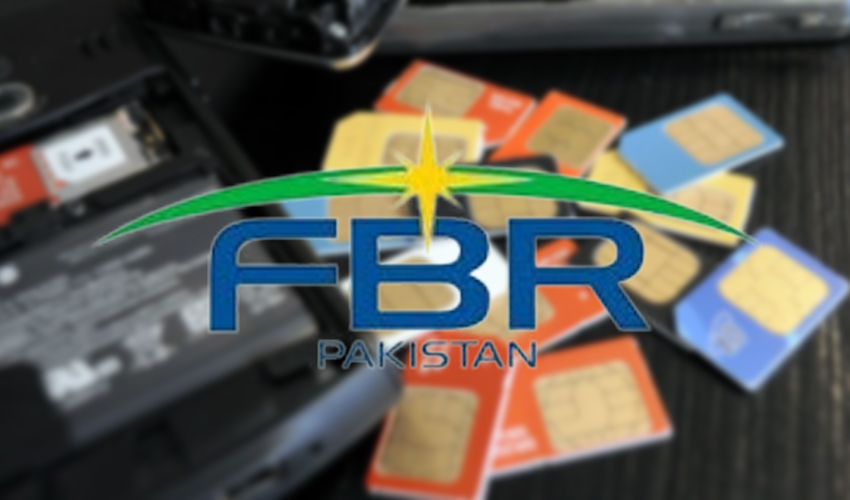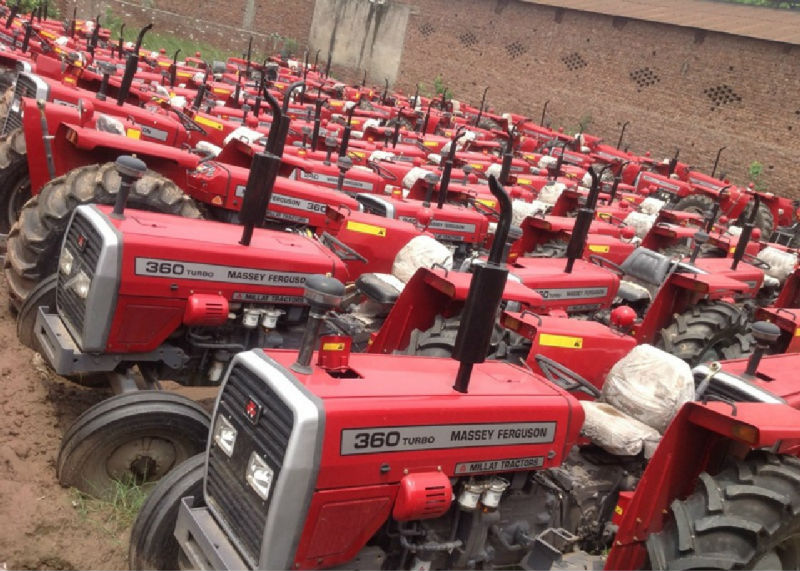Mohsin Siddiqui (Chief Reporter)
The documented steel sector has recently communicated with the Federal Board of Revenue (FBR), expressing concerns over the rampant misclassification of steel products. This malpractice, they claim, is leading to massive revenue losses for the national exchequer. They have suggested that the FBR recover taxes from importers involved in this misclassification to curb the ongoing issue.
In a communication sent to the Member of Customs-Operations at the FBR on Tuesday, the steel industry highlighted that as the largest importers and consumers of re-meltable, shredded, HMS, and bundle scrap, they are urging the relevant government departments to take stringent actions against these unscrupulous elements. The industry emphasized that the FBR and Customs departments must ensure the recovery of the correct tax amounts from those who misclassify steel imports.
The industry pointed out that the misclassification and under-invoicing of hot-rolled strips (PCT: 7211.9010) and wire of iron or non-alloy steel (PCT: 7217.1000) are continuing under the guise of steel scrap (PCT: 7204) at Karachi ports during the import stage. This malpractice is severely damaging the documented sector and ethical players within the industry.
Detailed information revealed that secondary quality hot-rolled strips (PCT: 7211.9010), which are subject to a Customs Duty of 20%, Additional Customs Duty of 6%, Sales Tax of 18%, and Income Tax of 2%, are being misclassified and imported by falsely declaring them as “Iron and Steel Re-meltable Trimming End Cutting Scrap” or similar variants under PCT: 7204.4100 and PCT: 7204.4990. These categories have significantly lower duties: 0% Customs Duty, 5% Regulatory Duty, 2% Additional Customs Duty, 18% Sales Tax, and 2% Income Tax.
This misclassification is a direct violation of the Explanatory Notes to the HS Coding System, the General Rules of Interpretation, and the structure of the Pakistan Customs Tariff. It is having a detrimental impact on the local documented industries. Furthermore, these Hot-Rolled (HR) trimmings, which are a byproduct of HR Coil, are not scrap. By misclassifying these HR Strips as scrap, importers can engage in under-invoicing, allowing them to pay lower duties and taxes based on incorrect valuation rulings. Currently, these imports are being cleared at $390 per MT under heading 7204, instead of the actual valuation of $650 per MT under heading 7211, according to the London Metal Bulletin and Valuation Ruling No. 1718/2022.
Similarly, wires of iron or non-alloy steel (PCT: 7217.1000), which attract a Customs Duty of 20%, Additional Customs Duty of 6%, Regulatory Duty of 30%, Sales Tax of 18%, and Income Tax of 5.5%, are being misclassified. These wires are incorrectly declared as “Iron and Steel Remeltable Tyre Wire Scrap” or similar variants under heading 7204.4100 and 7204.4990, which have lower duties: 0% Customs Duty, 5% Regulatory Duty, 2% Additional Customs Duty, 18% Sales Tax, and 2% Income Tax.
This misclassification also violates the Explanatory Notes to the HS Coding System, the General Rules of Interpretation, and the structure of the Pakistan Customs Tariff. This practice is adversely affecting the local documented industries. The misclassification of these wires as scrap encourages under-invoicing, allowing importers to pay lower duties and taxes based on incorrect valuation rulings. Currently, these imports are being cleared at $390 per MT under heading 7204, instead of the actual valuation of $850 per MT under heading 7217, as per the London Metal Bulletin.
The industry stressed that the misclassification of steel products is not only causing significant revenue loss to the national exchequer but is also severely impacting the documented steel sector. Unscrupulous importers and traders of these misclassified items can reduce their costs and undersell their finished goods, thereby earning substantial margins. This practice makes it unviable for ethical players to compete in the market.
To address these issues, the steel industry has called upon the FBR to take immediate and strict actions to curtail this unlawful activity. By ensuring the proper classification and valuation of steel imports, the FBR can recover the rightful taxes and duties, thus protecting the interests of the documented sector and contributing to the national revenue.




